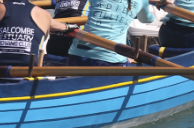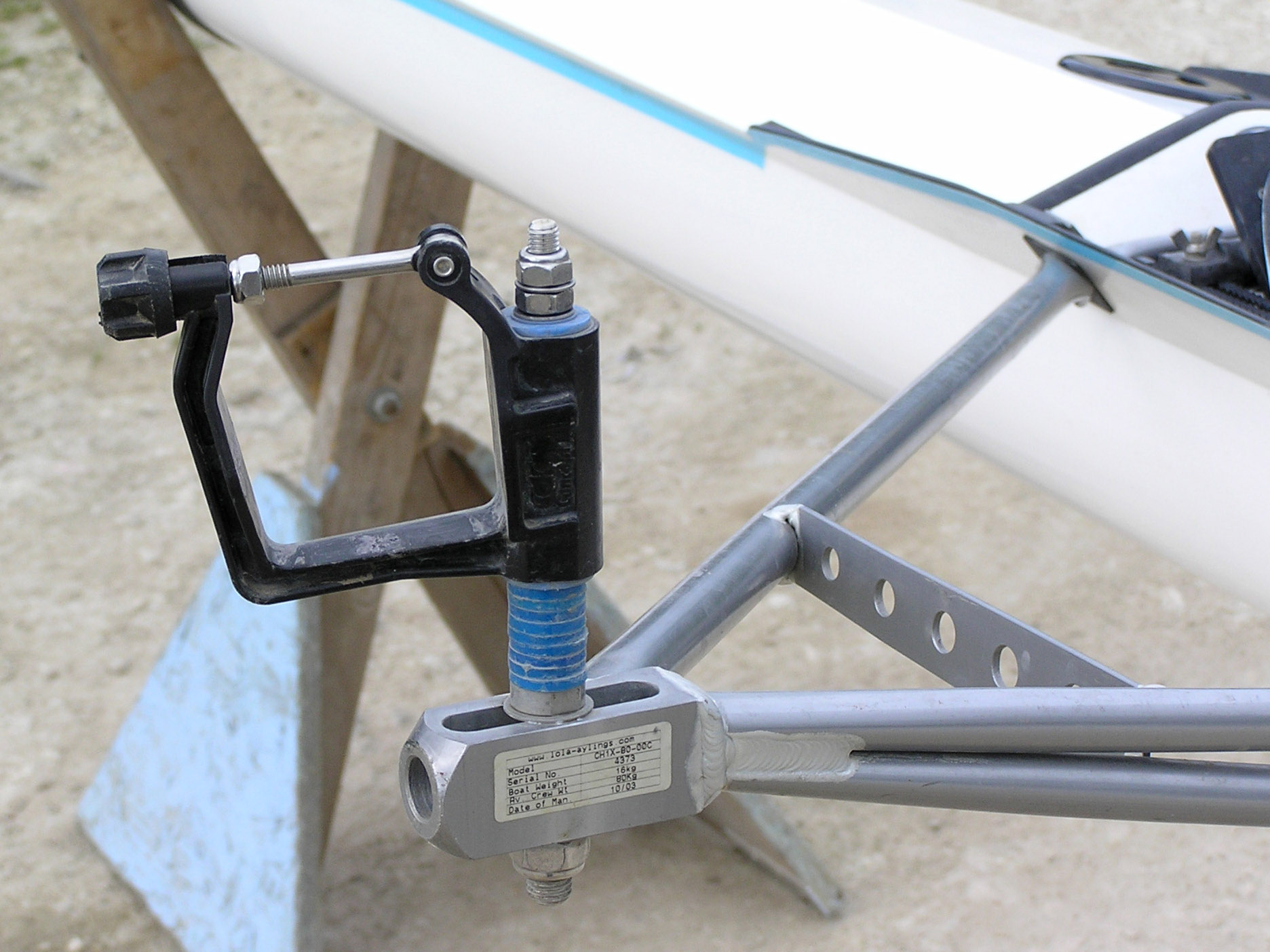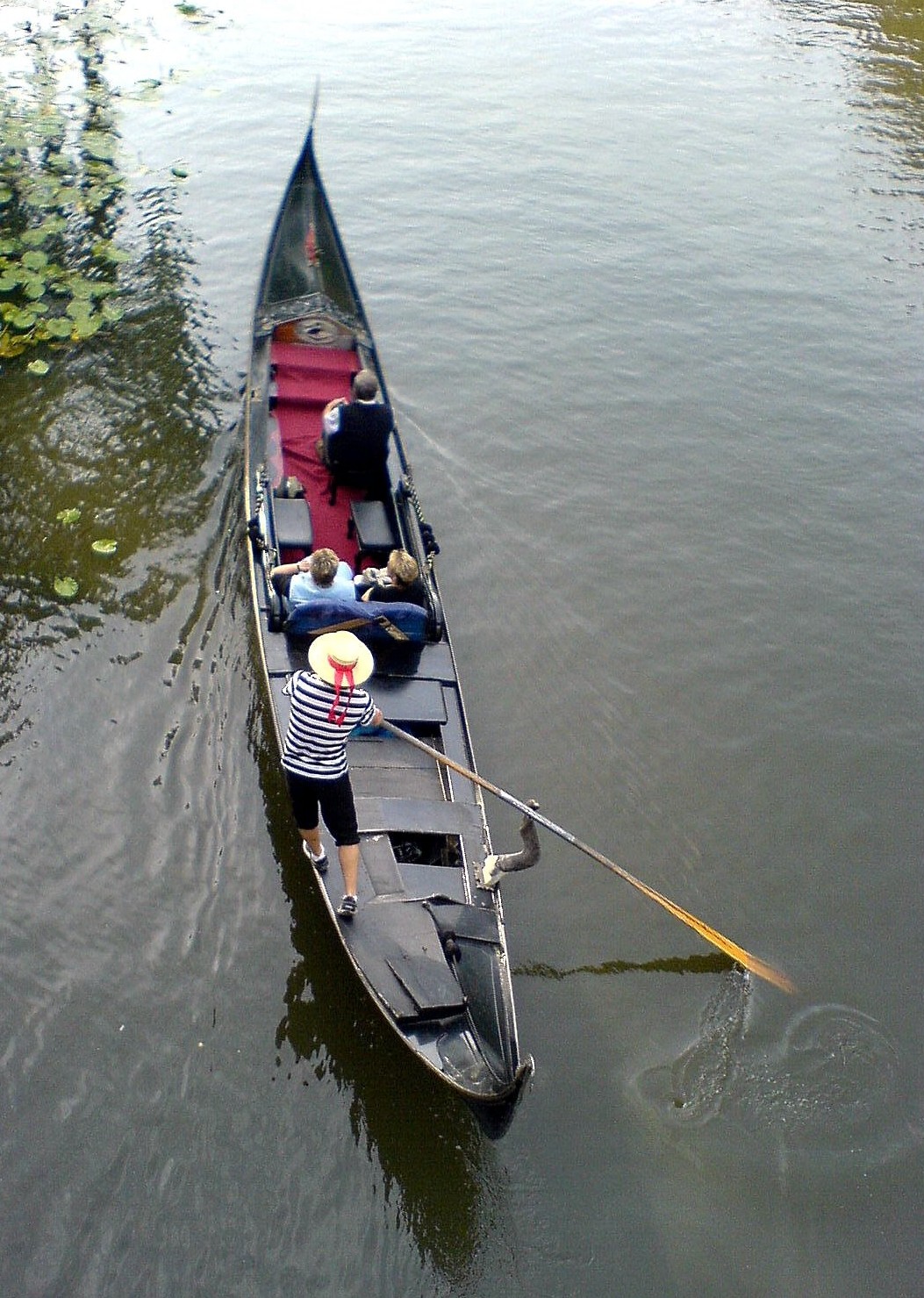|
Guillermo Segurado
Guillermo Segurado (2 October 1946 – 10 June 2024) was an Argentine rower. He competed at the 1968 Summer Olympics and the 1972 Summer Olympics The 1972 Summer Olympics (), officially known as the Games of the XX Olympiad () and officially branded as Munich 1972 (; ), were an international multi-sport event held in Munich, West Germany, from 26 August to 11 September 1972. It was the .... Segurado died on 10 June 2024, at the age of 77. References External links * 1946 births 2024 deaths Argentine male rowers Olympic rowers for Argentina Rowers at the 1968 Summer Olympics Rowers at the 1972 Summer Olympics Rowers from Rosario, Santa Fe Pan American Games gold medalists in rowing Pan American Games silver medalists in rowing Pan American Games rowers for Argentina Pan American Games gold medalists for Argentina Pan American Games silver medalists for Argentina Rowers at the 1967 Pan American Games Rowers at the 1971 Pan American Games Medalists at th ... [...More Info...] [...Related Items...] OR: [Wikipedia] [Google] [Baidu] |
Rowing (sport)
Rowing, often called crew American English, in the United States, is the sport of racing boats using Oar (sport rowing), oars. It differs from paddling sports in that rowing oars (called blades in the United Kingdom) are attached to the boat using Rowlock, rowlocks, while paddles are not connected to the boat. Rowing is divided into two disciplines: sculling and sweep rowing. In sculling, each rower (or oarsman) holds two oars, one in each hand, while in sweep rowing each rower holds one oar with both hands. There are several boat classes in which athletes may compete, ranging from single sculls, occupied by one person, to shells with eight rowers and a coxswain (rowing), coxswain, called eight (rowing), eights. There are a wide variety of course types and formats of racing, but most elite and championship level racing is conducted on calm water courses long with several lanes marked using buoys. Modern rowing as a competitive sport can be traced to the early 17th century whe ... [...More Info...] [...Related Items...] OR: [Wikipedia] [Google] [Baidu] |
Rowers At The 1972 Summer Olympics
Rowing is the act of propelling a human-powered watercraft using the sweeping motions of oars to displace water and generate reactional propulsion. Rowing is functionally similar to paddling, but rowing requires oars to be mechanically attached to the boat, and the rower drives the oar like a lever, exerting force in the ''same'' direction as the boat's travel; while paddles are completely hand-held and have no attachment to the boat, and are driven like a cantilever, exerting force ''opposite'' to the intended direction of the boat. In some strict terminologies, using oars for propulsion may be termed either "pulling" or "rowing", with different definitions for each. Where these strict terminologies are used, the definitions are reversed depending on the context. On saltwater a "pulling boat" has each person working one oar on one side, alternating port and starboard along the length of the boat; whilst "rowing" means each person operates two oars, one on each side of ... [...More Info...] [...Related Items...] OR: [Wikipedia] [Google] [Baidu] |
Medalists At The 1967 Pan American Games
A medal or medallion is a small portable artistic object, a thin disc, normally of metal, carrying a design, usually on both sides. They typically have a commemorative purpose of some kind, and many are presented as awards. They may be intended to be worn, suspended from clothing or jewellery in some way, although this has not always been the case. They may be struck like a coin by dies or die-cast in a mould. A medal may be awarded to a person or organisation as a form of recognition for sporting, military, scientific, cultural, academic, or various other achievements. Military awards and decorations are more precise terms for certain types of state decoration. Medals may also be created for sale to commemorate particular individuals or events, or as works of artistic expression in their own right. In the past, medals commissioned for an individual, typically with their portrait, were often used as a form of diplomatic or personal gift, with no sense of being an award fo ... [...More Info...] [...Related Items...] OR: [Wikipedia] [Google] [Baidu] |
Rowers At The 1971 Pan American Games
Rowing is the act of propelling a human-powered watercraft using the sweeping motions of oars to displace water and generate reactional propulsion. Rowing is functionally similar to paddling, but rowing requires oars to be mechanically attached to the boat, and the rower drives the oar like a lever, exerting force in the ''same'' direction as the boat's travel; while paddles are completely hand-held and have no attachment to the boat, and are driven like a cantilever, exerting force ''opposite'' to the intended direction of the boat. In some strict terminologies, using oars for propulsion may be termed either "pulling" or "rowing", with different definitions for each. Where these strict terminologies are used, the definitions are reversed depending on the context. On saltwater a "pulling boat" has each person working one oar on one side, alternating port and starboard along the length of the boat; whilst "rowing" means each person operates two oars, one on each side of the ... [...More Info...] [...Related Items...] OR: [Wikipedia] [Google] [Baidu] |
Pan American Games Silver Medalists For Argentina
Pan or PAN may refer to: Food * Pan (cooking), a piece of cooking equipment * Harina P.A.N., a pre-cooked corn meal * Pan or Paan, a North Indian term for betel Prefix * ''Pan-'', a prefix meaning "all", "of everything", or "involving all members" of a group People * Pan (surname), Chinese family name (潘 or 盤) * Pen Ran (), Cambodian singer and songwriter whose name is sometimes Romanized as Pan Ron Arts, entertainment, and media Card games * Pan (game), a shedding card game of Polish origin * Panguingue or Pan, a gambling card game Fictional characters * Pan (''Dragon Ball''), in ''Dragon Ball'' media * Peter Pan, created by James Barrie Films * ''Pan'' (1922 film), Norwegian film * ''Pan'' (1995 film), a Danish/Norwegian/German film * ''Pan'' (2015 film), film Literature and publishing * ''Pan'' (novel), by Knut Hamsun * ''Pan'' (magazine) an arts and literary review * Pan Books, a publisher Music Musical instruments * Pan, short for stee ... [...More Info...] [...Related Items...] OR: [Wikipedia] [Google] [Baidu] |
Rowers From Rosario, Santa Fe
Rowing is the act of propelling a human-powered watercraft using the sweeping motions of oars to displace water and generate reactional propulsion. Rowing is functionally similar to paddling, but rowing requires oars to be mechanically attached to the boat, and the rower drives the oar like a lever, exerting force in the ''same'' direction as the boat's travel; while paddles are completely hand-held and have no attachment to the boat, and are driven like a cantilever, exerting force ''opposite'' to the intended direction of the boat. In some strict terminologies, using oars for propulsion may be termed either "pulling" or "rowing", with different definitions for each. Where these strict terminologies are used, the definitions are reversed depending on the context. On saltwater a "pulling boat" has each person working one oar on one side, alternating port and starboard along the length of the boat; whilst "rowing" means each person operates two oars, one on each side of the ... [...More Info...] [...Related Items...] OR: [Wikipedia] [Google] [Baidu] |
Rowers At The 1968 Summer Olympics
Rowing is the act of propelling a human-powered watercraft using the sweeping motions of oars to displace water and generate reactional propulsion. Rowing is functionally similar to paddling, but rowing requires oars to be mechanically attached to the boat, and the rower drives the oar like a lever, exerting force in the ''same'' direction as the boat's travel; while paddles are completely hand-held and have no attachment to the boat, and are driven like a cantilever, exerting force ''opposite'' to the intended direction of the boat. In some strict terminologies, using oars for propulsion may be termed either "pulling" or "rowing", with different definitions for each. Where these strict terminologies are used, the definitions are reversed depending on the context. On saltwater a "pulling boat" has each person working one oar on one side, alternating port and starboard along the length of the boat; whilst "rowing" means each person operates two oars, one on each side of ... [...More Info...] [...Related Items...] OR: [Wikipedia] [Google] [Baidu] |




